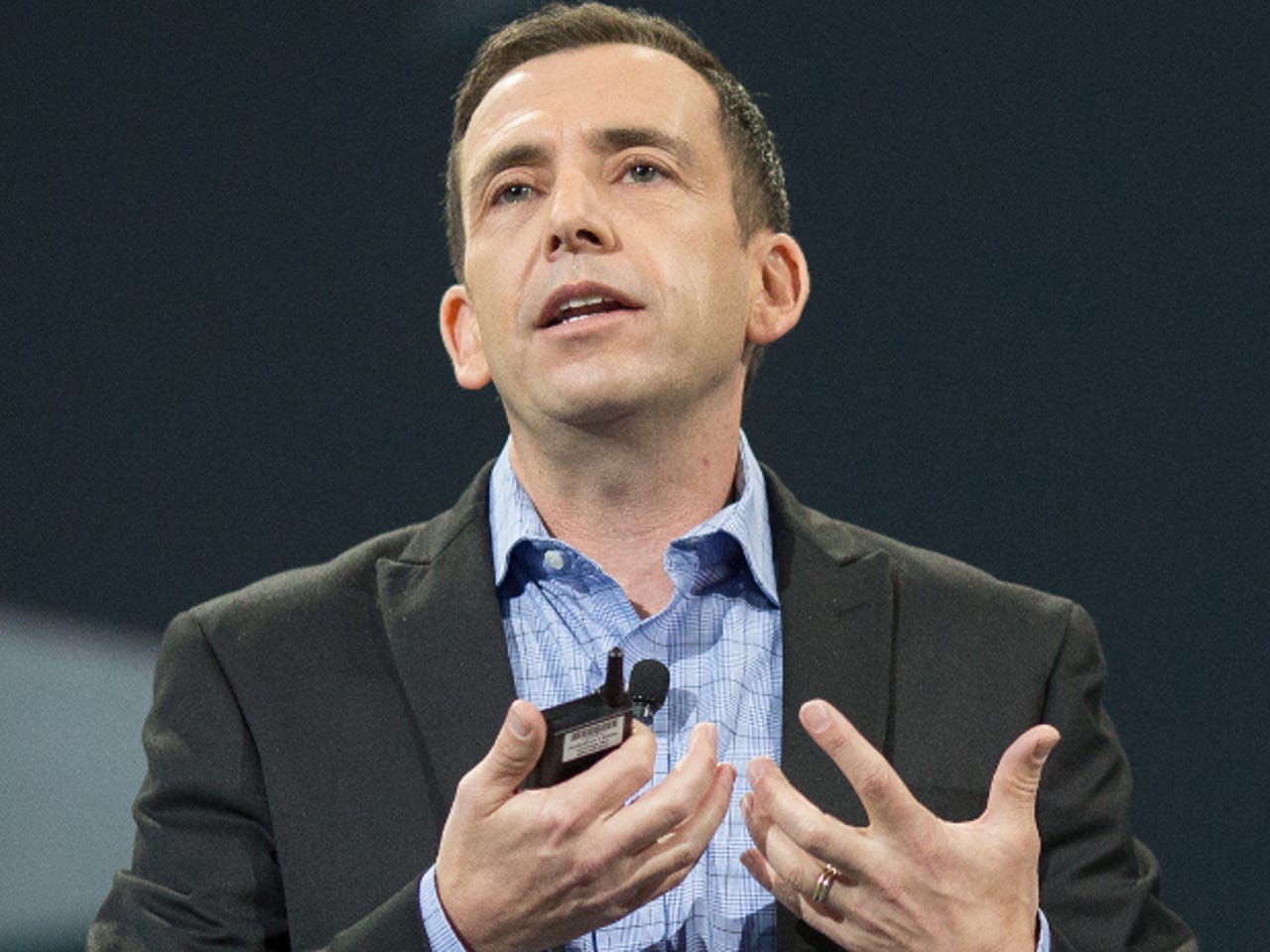Hewlett Packard Enterprise shows off Docker tools


Docker is currently a hot concept in software development and the big enterprise players are keen to show that their tools can help make containerisation work for large deployments.
Containers are changing the way applications are developed and managed, HPE's CTO Martin Fink said.
To make the most of the move to containerisation, companies need a hybrid infrastructure that allows them to drive the continuous delivery of new applications and services quickly and cost-effectively, according to Fink.
Docker VP of business development and technical alliances Nick Stinemates said, "Developers today require a new model to build, ship and run distributed applications that existing infrastructures were not designed for."
Docker is the most popular technology for automating the creation and deployment of apps in containers, a lighter-weight form of virtualisation. The idea is to free developers from software and infrastructure dependencies, cutting costs and creating efficiencies in the process.
HPE's Docker-focused offerings were launched at this week's DockerCon Europe event and are available now. They include:
- HPE Helion Development Platform 2.0 with support for Docker, which it said would allow developers to deploy microservices packaged as Docker containers. It also includes Helion Code Engine, a continuous integration/continuous deployment service for automating the build, test and deploy workflow for code, which is merged into a Git repository through a Docker Trusted Registry and the Helion Development Platform.
- HPE StormRunner and HPE AppPulse for Docker, designed to allow developers to test, deploy and monitor Dockerized applications. It features tools for load-testing and application-performance monitoring, plus full transaction tracing across containerized and traditional backend systems and smart cloud-based load-testing.
- Remote Docker Swarm cluster monitoring with HPE Sitescope, which automatically build a cluster map and monitors all five layers of the cluster: Docker Swarm, cluster nodes, Docker daemon, running containers, as well workload specific monitoring.
- HPE Codar for Docker enables continuous deployment of hybrid workloads, part traditional and part containerized, and adds Dockerfile and image formats support to be incorporated in its visual application designer.
Other products include a Docker Machine plugin for HPE Composable Infrastructure to automate the deployment of Docker container hosts from HPE OneView, and persistent storage for Docker containerized apps.
Flash-optimized HPE 3PAR StoreServ Storage arrays and the HPE StoreVirtual software-defined storage solutions now support the use of Docker stateful containers in OpenStack cloud environments via the open source Flocker architecture from ClusterHQ.
This architecture allows Docker customers to containerize applications that require persistent storage, such as databases, HPE said.
More on Docker and containers
- CoreOS introduces Clair, a container security monitoring tool
- Rackspace serves up free Carina Docker-based container-as-a-service beta on OpenStack
- Docker snaps up Tutum to expand its cloud offering into DevOps
- Red Hat and Black Duck partner to secure containers
- OpenStack's Liberty is out but what's in the new release?
- New Azure Container Service to bring together Mesos, Docker and Azure cloud